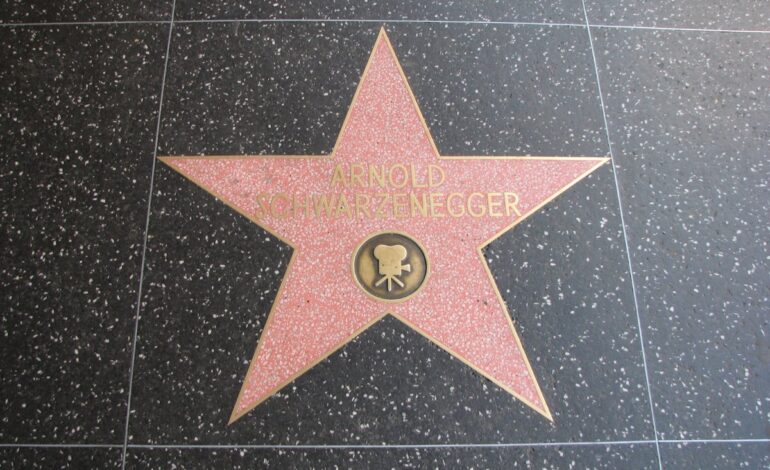Schwarzenegger Calls Out Media and Politics After Charlie Kirk Tragedy: A Call for Youth Unity

Riley Carter here, sliding into the room with the kind of cool that earns a nod from the crowd while still keeping it real. Okay, but like, why is this a thing anyway? Arnold Schwarzenegger took the USC stage on Democracy Day to address a moment that has everyone in orbit: the shooting that killed Charlie Kirk and the wider political and media environment that seems to be pulling the country in every direction except toward common ground. In a speech that blended somber respect with a clarion call to action, Arnold charged that blame for the current political divide stretches across social media, mainstream outlets, and politicians from both major parties. He didn’t cherry pick his targets; he laid out a broad audit, acknowledging that the echo chambers that fuel anger are a real threat to democratic norms.
He began by honoring Charlie Kirk as a “great communicator” who could find common ground in debates, even with people who disagreed with him. The moment matters because it frames the controversy within a broader context: the country is navigating a charged atmosphere where rhetoric often supersedes reason, and the consequence, in Arnold’s view, is a fragile, at times dangerous, state of public discourse. He warned that the nation is teetering on a ledge, cautioning that slipping further could erode democracy itself. His imagery was stark but purposeful, a reminder that political speech does not happen in a vacuum and that the consequences of online and on-campus discourse extend into real life.
The actor-turned-politician did not stop at diagnosis. He proposed a remedy that sounds distinctly optimistic and old-school in the best possible way: youth leadership. He urged USC students to model bipartisan collaboration by having Democratic and Republican organizations work together to demonstrate to their peers that cooperation is possible. The message was simple, yet potent: leadership is not the domain of one party, and young people can be the bridge builders that modern politics so desperately needs. His emphasis on “people power” underscores the belief that grassroots engagement can recalibrate the tone and direction of public conversation.
In the same breath, Arnold tied this moment to the tragedy on a Utah campus, where Charlie Kirk was murdered during a debate. He referenced the alleged shooter, Tyler Robinson, who has been linked to a radical critique of Republican ideals. The charges of aggravated murder and weapons possession are already fueling public intrigue and political speculation, but Schwarzenegger’s focus remained anchored on healing and responsibility rather than revenge or sensationalism. The story’s gravity sits on multiple layers: a violent act, a charged political climate, and a call for younger generations to lead with civility and courage.
What does this mean for the broader culture? The clip circulating from USC shows Arnold leaning into the idea that media narratives, both traditional and social, shape perceptions in powerful ways. He argues that sensationalism can push people toward the cliff’s edge where democracy gets dangerously strained. The remedy, he insists, is up to the next generation: leadership that crosses party lines, a willingness to listen, and a commitment to constructive debate. He also hints at broader systemic changes, implying that platforms and politicians bear responsibility for the tone and direction of national discourse.
As the video continues to ripple across social feeds, the question remains: can the kind of youth-led, cross-aisle leadership Schwarzenegger envisions become the norm rather than the exception? The answer might lie in how aggressively students step into the breach and whether adult institutions—universities, media outlets, and political organizations—are willing to back that push with real, tangible changes. This is not a one-note tribute; it’s a blueprint for turning a crisis into an opportunity for renewal, with a spotlight on the next wave of leaders who can actually move the needle.
Anyway, that’s the deal. Time to watch what the USC crowd does next.
Sources: Celebrity Storm and TMZ, USC Democracy Day coverage
Attribution: Arnold Schwarzenegger’s star on the Hollywood Walk of Fame — cs:User:DaBler (CC BY-SA 3.0) (OV)
Attribution: Arnold Schwarzenegger’s star on the Hollywood Walk of Fame — cs:User:DaBler (CC BY-SA 3.0) (OV)




